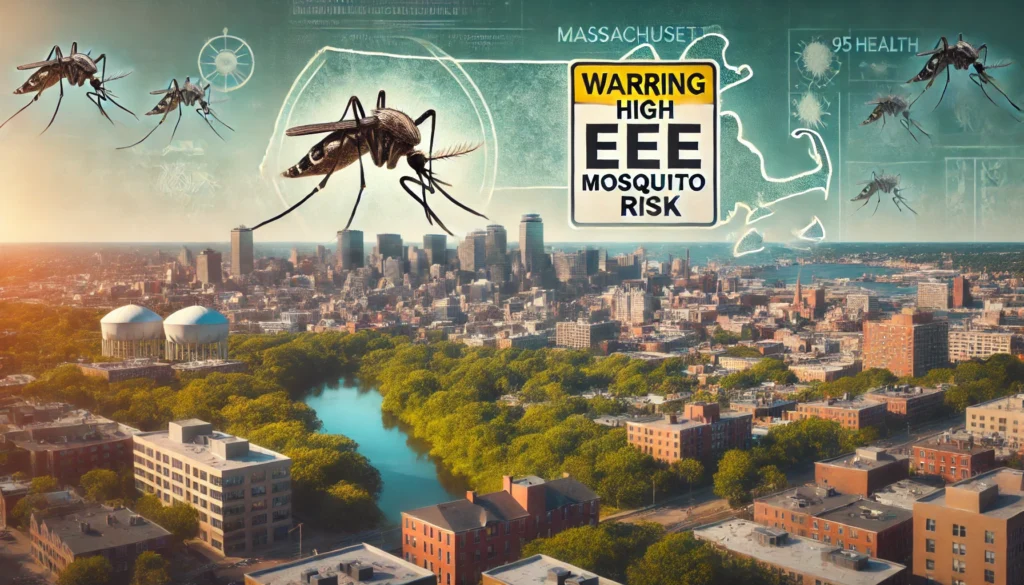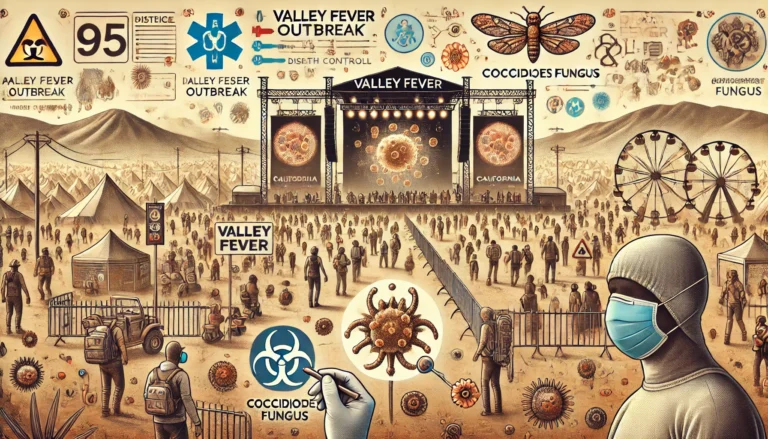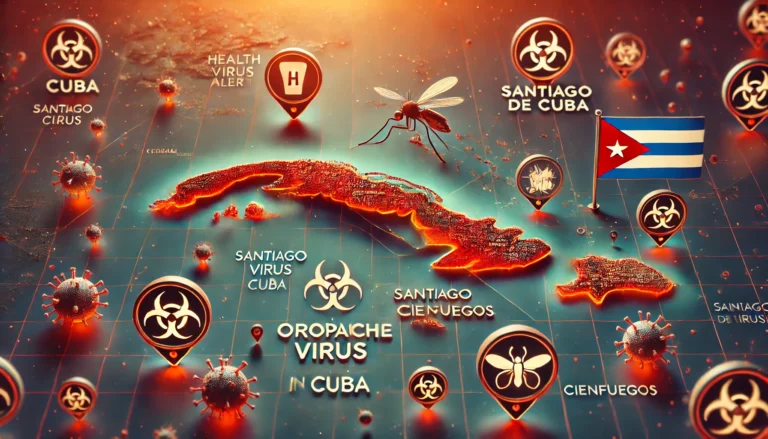Elevated EEE Risk in Massachusetts
The Massachusetts Department of Public Health has raised the risk level for Eastern Equine Encephalitis (EEE) to “high” in two towns due to recent mosquito activity. This viral disease, transmitted through mosquito bites, poses significant health risks, especially during the peak mosquito season.
Understanding EEE
EEE is a rare but serious disease caused by the EEE virus. Symptoms can range from mild flu-like signs to severe neurological damage, and in some cases, it can be fatal. According to the Centers for Disease Control and Prevention (CDC), those most at risk include individuals over the age of 50 and under the age of 15. The infection can lead to inflammation of the brain (encephalitis) and, despite being rare, has a high fatality rate of about 30%.
Recent Developments
As of August 2024, two Massachusetts towns have been designated as high-risk areas for EEE. The decision comes after increased detection of the virus in local mosquito populations. The Massachusetts Department of Public Health is urging residents to take precautions, such as using insect repellent, wearing long sleeves and pants, and avoiding outdoor activities during peak mosquito hours (dusk to dawn).

Preventive Measures
Preventing mosquito bites is the best way to reduce the risk of EEE. The CDC recommends the following steps:
- Use EPA-registered insect repellents containing DEET, picaridin, IR3535, oil of lemon eucalyptus, or para-menthane-diol.
- Wear protective clothing such as long-sleeved shirts and long pants when outdoors.
- Install or repair window and door screens to keep mosquitoes out of your home.
- Empty standing water from items outside your home such as gutters, buckets, pool covers, and birdbaths where mosquitoes can breed.
State Health Department Guidelines
The Massachusetts Department of Public Health also emphasizes community-level efforts to control mosquito populations, including larvicide treatments in standing water. Public health officials are closely monitoring the situation and will provide updates as necessary. Residents are encouraged to stay informed through local health department announcements and follow any additional guidance provided.
With the EEE risk level elevated in specific areas of Massachusetts, it is crucial for residents to be vigilant and take proactive steps to protect themselves from mosquito bites. Staying informed and following public health recommendations can help reduce the risk of this serious disease.







